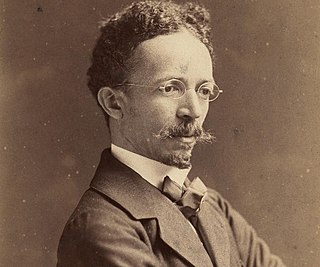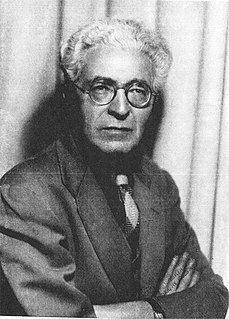A Quote by H. P. Lovecraft
Plots may be simple or complex, but suspense, and climactic progress from one incident to another, are essential. Every incident in a fictional work should have some bearing on the climax or denouement, and any denouement which is not the inevitable result of the preceding incidents is awkward and unliterary.
Related Quotes
[E]very plot, worth the name, must be elaborated to its dénouement before anything be attempted with the pen. It is only with the dénouement constantly in view that we can plot its indispensable air of consequence, or causation, by making the incidents, and especially the tone at all points tend to the development of the intention.
One dictionary defines denouement as "a final part in which everything is made clear and no questions or surprises remain." By that definition, it is exactly the wrong word to describe this chapter. This chapter will make nothing clear; it will raise many questions; and it may even contain a surprise or two. But I say we call it the denouement anyway because the words sounds so sophisticated and French.
I still think that we have a hesitance to talk about things racial. And I think we do it at our detriment. We go from incident to incident, and we have spikes in which race becomes something that we talk about, as opposed to talking about race in those less contentious times when I think we might make more progress.
I was extremely timid and to be made to feel that I was not wanted, although in a place where I had every right to be, even months afterwards caused me sometimes weeks of pain. Every time any one of these disagreeable incidents came into my mind, my heart sank, and I was anew tortured by the thought of what I had endured, almost as much as the incident itself.
A novel can be set in motion by an incident, a character, a location, a mood - by anything at all. Sometimes the stimulus can be an idea, which will rapidly clothe itself in character and incident. 'Foreign Bodies' came about through the contemplation of the contrast between post-second world war America and Europe.
No, you don't have to start your play with a premise. You can start with a character or an incident, or even a simple thought. This thought or incident grows, and the story slowly unfolds itself. You have time to find your premise in the mass of your material later. The important thing is to find it.
Here was the astounding fact: the race did go forward; the race did achieve; and in every way the race grew better. Progress through irrational and astounding blunders, whose outrageousness bedwarfed the wildest cliches of romance, was what Kennaston found everywhere. All this, then, also was foreplanned, just as all happenings at Storisende had been, in his puny romance; and the puppets, here to, moved as they thought of their own volition, but really in order to serve a denouement in which many of them had not any personal part or interest...






































